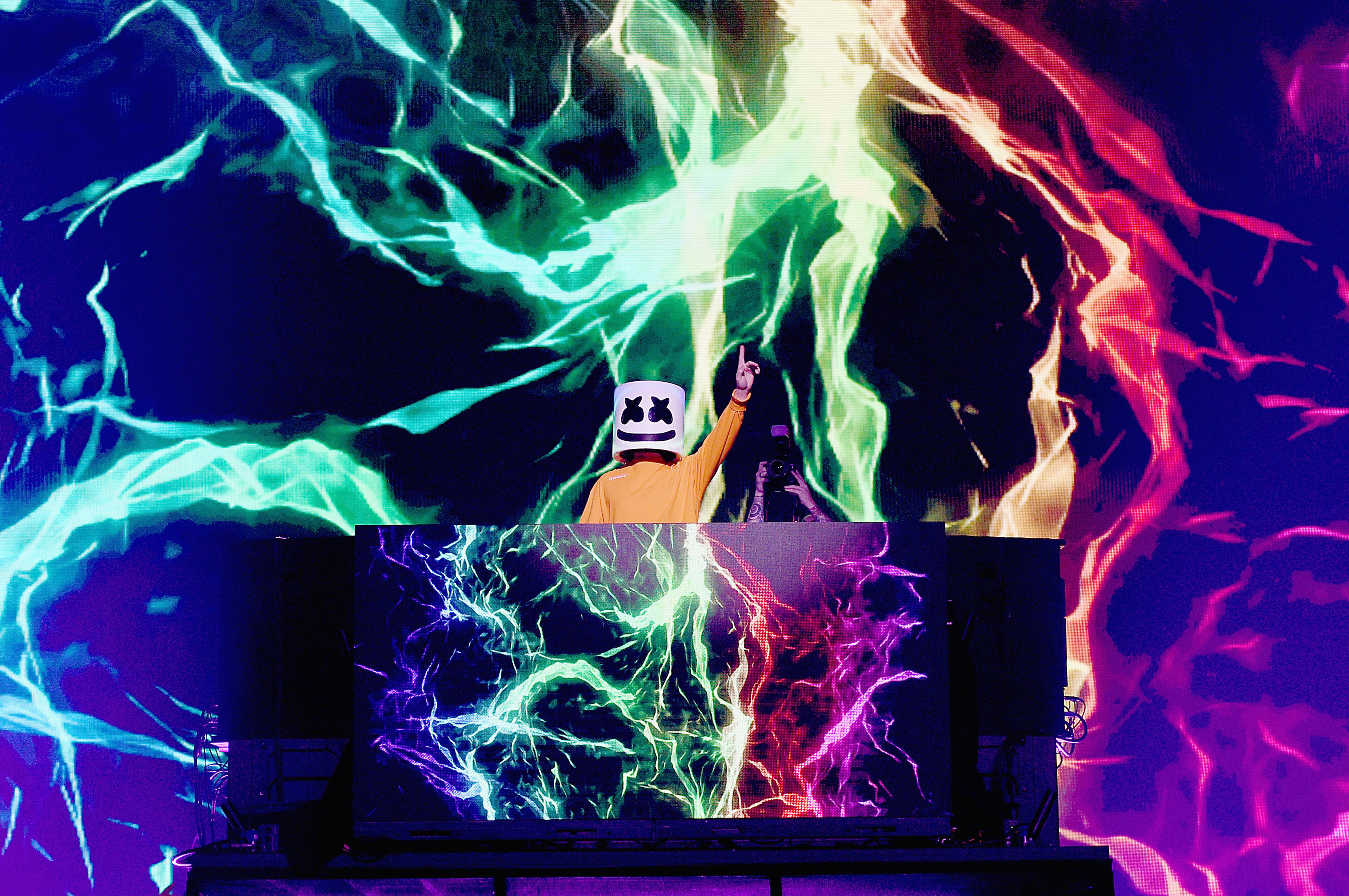The COVID-19 pandemic is accelerating the adoption of new technologies and cultural shifts that were already well underway. According to a clutch of heavy-hitting investors, this dynamic is particularly strong in gaming and extended reality.
Unlike other segments of the startup and tech world, where valuations have been slashed, early-stage companies focused on building new games, gaming infrastructure and virtual or extended reality entertainment are having no trouble raising money. They’ve even seen valuations rise, investors said.
“Valuations have increased pretty significantly in the gaming sector. Valuations have gone up 20 to 25% higher than I would have seen prior to this pandemic,” Phil Sanderson, a co-founder and managing director at Griffin Gaming Partners, told fellow participants on a virtual panel during the Los Angeles Games Conference earlier this month.
Driving the appetite for new investments is the entertainment industry’s bearhug of virtual events, animated features, games and social media platforms after widespread shelter-in-place orders made physical events an impossibility.
“We’re fortunate in this industry to be one where people find a release playing games and find a social element to it,” Sanderson said.
His firm has made at least three new deals since the U.S. began responding in earnest to the epidemic, and Sanderson said he expects to make several more. The sentiment was echoed by Shanti Bergel, managing director and founder of the Transcend Fund, which launched with a $50 million investment vehicle at the end of April.
“We’re blessed to be in this business that happens to be well-positioned for remote work and for consumers that can have access to our products,” Bergel said. “Games are in the right place at the right time.”
Bergel and investors like Jon Goldman from Greycroft and Shara Senderoff, president of new investment studio Raised In Space Enterprises, said much of the new opportunities coming from the games industry were created by platforms’ ability to embrace other cultural events to capture new audiences.

ANAHEIM, CA – JUNE 21, 2018: Marshmello appears at YouTube OnStage during VidCon at the Anaheim Convention Center Arena on June 21, 2018 in Anaheim, California. (Photo by FilmMagic/FilmMagic for YouTube)
“The behavior patterns we’re seeing established now in lockdown will continue,” said Bergel.
One of the biggest potential moneymakers in the new world will be the creation of virtual economies around events and entertainment that moves gaming worlds far beyond gameplay. The trend is already apparent in things like the Travis Scott and Marshmello concerts in Epic Games’ smash multiplayer battle royal game, Fortnite.
“The line between pop culture and gaming is going away,” said Sanderson. “The world’s about to change.”
That change is what Senderoff and her collaborators at Raised In Space Enterprises (including music impresario Scooter Braun) are counting on.
“The concurrent viewers being 12 million plus for a real-time event is very compelling when you think about the music business,” Senderoff said. “[But] there are challenges there. The frequency and the timing it would take for platforms… is the major issue now.”
One question for Senderoff, Sanderson and other investors is how to provide music experiences in a larger quantity to gamers. Another is how to build out the tools to effectively monetize the industry.
“Bigger platforms are looking at the top 1% of artists. There are going to be opportunities for artists to have live experiences in games at a faster rate,” Senderoff said. “It will look somewhat visual and somewhat audio based. We’re leaning into the concept of a virtual reality performance.”
However it’s sliced, it’s a potential windfall for the businesses that can manage to make the move into virtual worlds, “if you look at the skins market and the $30 billion to $50 billion market,” she said.
If the intersection of live events and virtual worlds in Roblox, Fortnite and Minecraft are one opportunity, another is the integration of gaming elements into what had traditionally been considered linear forms of entertainment, like TV and movies.
It’s this evolution that has drawn the attention of Greycroft’s Goldman, who already has one investment centered on this thesis in the company Flavourworks.
“The Emmy for best drama went to the interactive episode of ‘Black Mirror,’ ” Goldman said. The award underscored the way that the Hollywood establishment and audiences are looking at interactive entertainment in genres outside of the gaming industry where it was created. “There’s more of an adult-themed casual experience, which is narrative,” Goldman said. “You can use story to treat a theme or a universe that speaks to more serious gamers and non-gamers. [That] lays out an opportunity for venture-style growth.”
Powering all of these new trends is the powerful draw of open-world platforms like Fortnite, Animal Crossing: New Horizons, Roblox and Minecraft, which are blurring the lines between traditional game mechanics and other kinds of entertainment.
Still, investors like Sam Englebardt, managing partner at Galaxy Interactive, says virtual worlds like the gaming and economic communities depicted in works like “Ready Player One” are still decades — and millions of dollars of R&D — away.
For Englebardt, existing platforms are only part of the multiverse that’s yet to come. Here, the focus is on investments in tools that can make these different gaming platforms interoperable and collaborative rather than siloed.
“Once you are a successful incumbent, it will be hard for you to achieve that fully open model,” Englebardt said. “It’s going to take a lot of effort — competitive effort — to keep driving things forward before we see something emerge.”
Ultimately, the dominance of the current crop of companies will create opportunities for startups, to start building the infrastructure and connective tissue that can bind these worlds. “There are pieces of it that are going to be built by a startup,” said Englebardt. “[There are] open economies that may be too tough for a company to build now.”
Ultimately, there’s still a space for new entrants to come in and grab a piece of the ever-widening pie, according to Sanderson and others. “There’s very few dedicated venture funds focused on this category,” said Sanderson. Meanwhile the returns are already showing up in the valuations for later-stage startups. “Three of the top 10 unicorns that were created [after the financial crisis] were Epic, Discord and Roblox,” Sanderson said.
